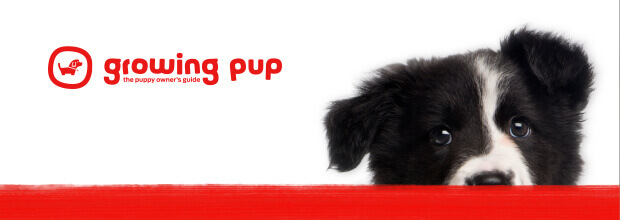The Canaan Dog dates back to Biblical times when he guarded the Israelites’ herds and flocks in the Land of Canaan. While loyal and loving with his family, the Canaan Dog is highly territorial and suspicious of strangers. He is best suited as a one-person or one-family companion. The Canaan Dog has a harsh, double coat that protects him from extreme temperatures and does not require much grooming.
DID YOU KNOW? During World War II, Dr. Rudolphina Menzel trained more than 400 Canaan Dogs to work as mine detectors for Middle East forces. In 1965, Ursula Berkowitz of Oxnard, Calif., imported four Canaan Dogs that helped establish the breed in the U.S












